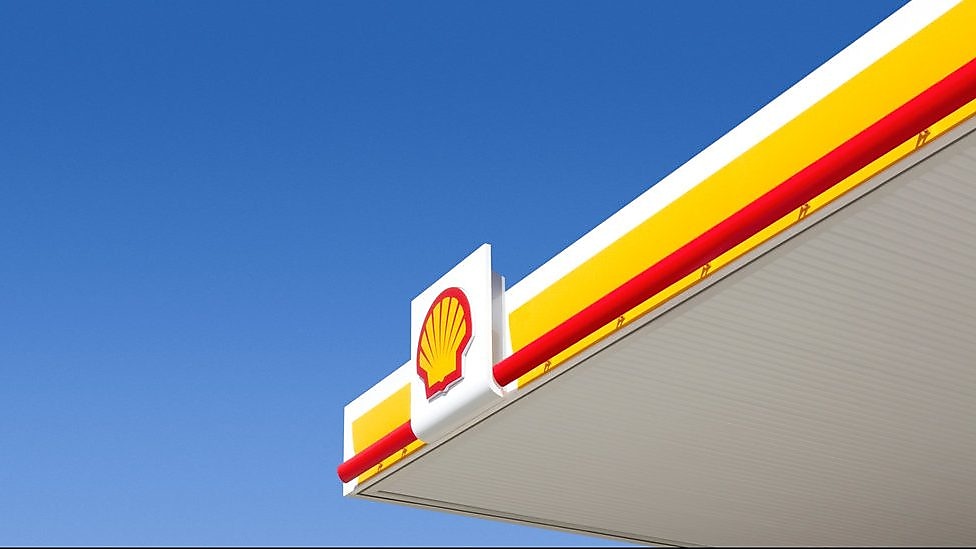British oil and gas company Shell will become a partner in Qatar's North Field South (NFS) expansion project by acquiring a 9.375% stake for an undisclosed amount, QatarEnergy said in a Sunday statement.
North Field South The expansion project—which will boost Qatar’s liquefied natural gas output capacity by 16 million tons a year—also saw TotalEnergies joining as a partner last month, with a 9.375% stake worth around $1.5 billion.
QatarEnergy said it will keep 75%, the statement noted. CEO Saad Al-Kaabi previously mentioned that Qatar was selling a combined holding of 25% to four companies, which leaves two more partners to be announced.
The development contract for NFS would be awarded in the first quarter of 2023, al-Kaabi said at the signing ceremony, Reuters reported. QatarEnergy said it was open to discussing working with Shell in all energy sectors.
The North Field expansion plan includes six liquified natural gas (LNG) trains that will ramp up the gulf country’s liquefaction capacity from 77 million tons per year to 126 million by 2027.
"The new LNG volumes, which Qatar will bring to the market, come at a time when natural gas assumes greater importance in light of recent geopolitical turmoil, and amidst the dire need for cleaner energy to meet global environmental objectives,” al-Kaabi said.
Qatar is boosting its production and liquefaction capacity amid a global surge in demand for gas. Supplies were already tight before Russia’s invasion of Ukraine, which sent European countries in desperate search for alternative sources.
The NFS project is expected to send out its first cargo in 2027, meaning it won’t ease supply crunches in the next few years, a Bloomberg report showed Sunday.
Commenting on a temporary price cap on natural gas in Europe, Shell CEO Ben van Beurden said European Union politicians realize the plan is complicated, the report noted. “I’m sure this will settle in an appropriate and responsible way that will really benefit both markets and consumers in Europe,” he told the ceremony, adding Europe will have to reduce demand from industry for gas.











